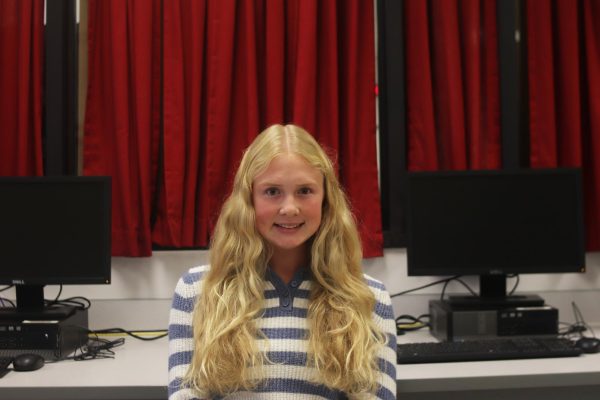Third places necessary for functional, collectivism societies
Throughout history third places have provided people with a place outside of work or home to get involved in their community and make connections. With privatization and poor city planning, America is losing its third places.
Due to mass privatization and takeover by large corporations, third places are disappearing from modern day American towns forcing people to isolate themselves from their community, which damages everyone.
According to the UNESCO Courier, third places is a term coined by American sociologist Ray Oldenurg in the 1980s.
The UNESCO Courier defines a third place as “a space for informal, free social interaction, essential to democracy.”
Third places are basically places outside of home or work for people to interact, home being the first place and work being the second.
UNESCO cites British coffee houses, where open and free political discussion would take place, as an early example of third places fostering democracy.
“Coffee was considered dangerous when it was first introduced in Europe as coffee houses became the preferred location for political debate. In 1650, an entrepreneur remembered only as Jacob opened the first coffeehouse in Oxford.”
As American society evolved, it began to value individualism rather than community.
According to the Planning Commissioners Journal, “Most residential areas built since World War II have been designed to protect people from community rather than connect them to it.”
Modern American society is very focused on individualism. Americans tend to view criminals and thieves as people with moral failure rather than taking a step back and recognizing society dysfunction that leads people to commit such crimes.
Rather than investing in rehabilitation programs and third places that provide people access to the things they need, people put their money into fences and security cameras to prosecute robbers instead. This is like putting a bandaid on a massive wound. It is not going to fix the root of the problem.
The Planning Commissioners Journal said “virtually all means of meeting and getting to know one’s neighbors have been eliminated. An electronically-operated garage door out front and a privacy fence out back afford near-total protection from those who, in former days, would have been neighbors.
With the takeoff of the internet and COVID-19 pandemic, America continues to lose third places with the closing of local coffee shops, barbers and libraries.
The pandemic financially forced many locally owned third places to close.
While the internet does connect people virtually, you lose some of the randomness and physical connection that third places provide. The internet should act as another resource for connection, not the only resource.
Third places can bring healthy fruits and vegetables to food deserts (areas without any available healthy food) in the forms of markets and more modernly community gardens. Food deserts affect the mental and physical wellbeing of people in a negative way. Humans need fresh and healthy food to flourish and it is unreasonable to expect the best from people when their basic needs are not being met.
According to the National Library of Medicine “Literature generally concludes that living in neighborhoods with limited access to resources (e.g., healthy foods, recreational opportunities) and higher levels of social disorder (e.g., violence, distrust) is associated with negative health outcomes including poorer self-rated health, stress, higher prevalence of chronic disease, and increased mortality.”
The elimination of third places also cuts people off from each other, leading them to feel more negatively towards the world and their peers. Third places allow people of all different walks of life and socioeconomic backgrounds to interact with each other in person. It allows people to find that they have more similarities than differences. When you connect with someone face to face it is infinitely easier to empathize with them and their situation creating a more collectivist community.
Third places also speak to the development of local culture.
Pubs and bars contribute to local culture while often bringing sports fans together to meet and watch games.
A big part of reviving third places is proper city planning.
The Medium said, “Changes to zoning laws that promote walkable, mixed-use main streets and town centers are some of the answers that suburban and mid-sized city leaders may implement.”
Individuals can help bring back third places by simply supporting them.
Instead of meeting at a friend’s house or through the internet you can connect in person at a local coffee shop or public park.
You don’t need to spend a lot of money, but buying a few coffees can help your local business to survive.
Advocating for your local government to invest in third places can also make a tremendous difference. If local parks paid for by your tax dollars already exist, use them.
Generally getting involved in your community can benefit not just the community but also you. It can force you to humanize members of your community and create influential personal connections.
Volunteering in things like community gardens can greatly benefit community members creating an overall more functional community. Our neighbors are not as scary as they seem and we don’t need to lock them out.


